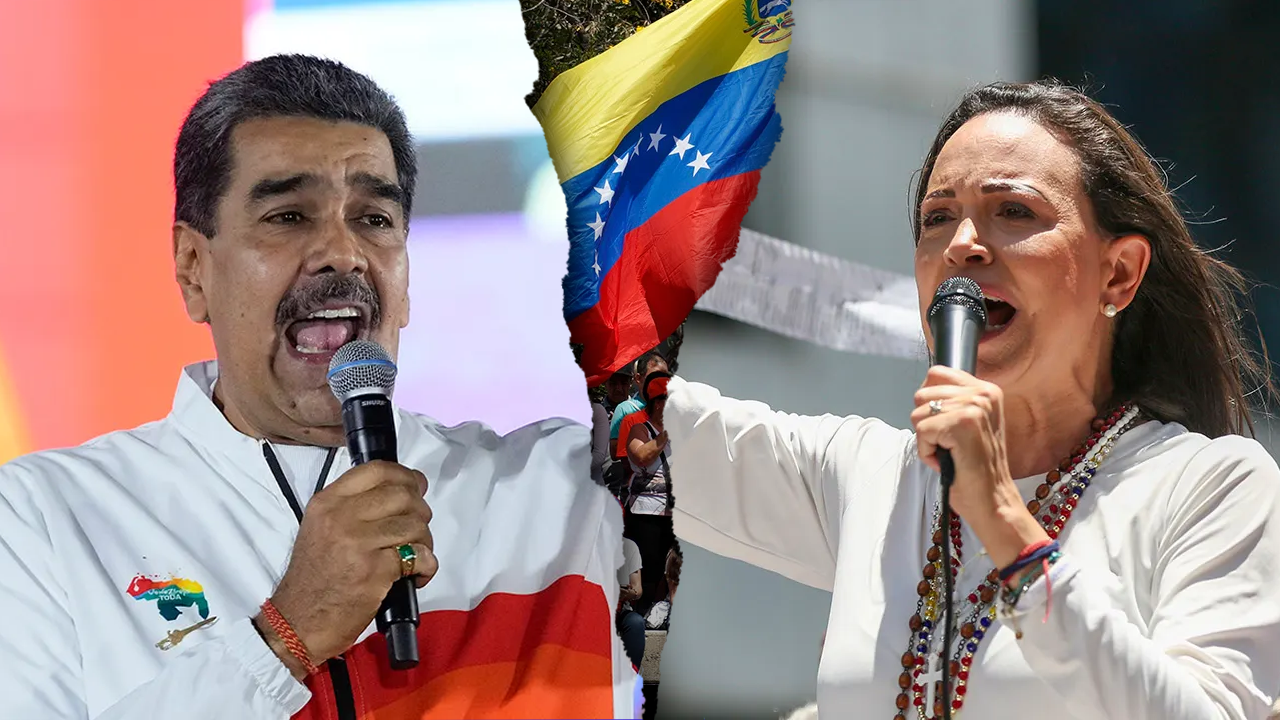Furious trade union leaders on Tuesday signalled a wave of strikes in the coming months after the government unveiled below-inflation pay rises for millions of public sector workers.
Prime minister Boris Johnson’s cabinet on Tuesday signed off wage rises covering 2.5mn public sector workers at about 5 per cent on average. Consumer price inflation is currently running at a 40-year high of more than 9 per cent.
As it grapples with the cost of living crisis, the government said it had accepted recommendations by independent pay review bodies covering the public sector.
It said this year’s pay awards were intended to “strike a careful balance” between recognising public sector workers’ contribution, fiscal discipline and controlling inflation.
But unions described the awards as “pitiful”, suggesting that the government had not gone nearly far enough to prevent them consulting their members on strike action.
Salaries for experienced teachers will rise by 5 per cent in the next academic year.
Kevin Courtney, joint general secretary of the National Education Union, said teachers would not stand for “another huge cut” to the real value of their pay during spiralling inflation.
“Given this very poor pay proposal, we will look towards consulting our members in the autumn,” he added. “This will be the largest ballot of teachers for a generation.”
The government said there would be a flat £1,400 pay rise for hospital nurses, paramedics, midwives and porters, equivalent to 4 per cent on average.
There will be an average 4.5 per cent rise for doctors and dentists, and a 3.5 per cent rise for senior NHS managers.
Christina McAnea, general secretary of Unison, said the government had made a “big mistake” with a pay deal for NHS workers that “fails on every front”.
She added: “Fed-up staff might well now decide to take the matter into their own hands. If there is to be a dispute in the NHS, ministers will have no one to blame but themselves.”
Sharon Graham, general secretary of Unite, said the government had delivered a “kick in the teeth” to public sector workers and the “so-called wage offer amounts to a massive national pay cut”.
Pat Cullen, general secretary of the Royal College of Nursing, said the deal was a “grave mis-step” that would push nurses out of the profession, adding that the union’s members would vote and say what they want to do next.
Police officers will have a flat £1,900 pay increase which amounts to 5 per cent on average.
The government proposed higher pay rises to new recruits to the public sector, and some of the lowest paid.
Teachers’ starting salaries will rise by 8.9 per cent, in line with a Conservative party manifesto commitment.
For the most low-paid NHS staff, such as porters, the pay increase is equivalent to 9.3 per cent. The police settlement is worth 9 per cent for the lowest-paid.
Data released by the Office for National Statistics on Tuesday morning showed that UK private sector pay grew almost five times as fast as public sector workers’ remuneration.





















Discussion about this post